Welcome to the JamWithLauren Blog
Many of these articles are inspired by questions from our JWL students. If you can’t find a post that digs into the issues that are plaguing you, consider signing up for lessons with Lauren. When you sign up you will gain access to her amazing curriculum and be able to ask Lauren questions. Who knows, maybe your question will inspire the next post!
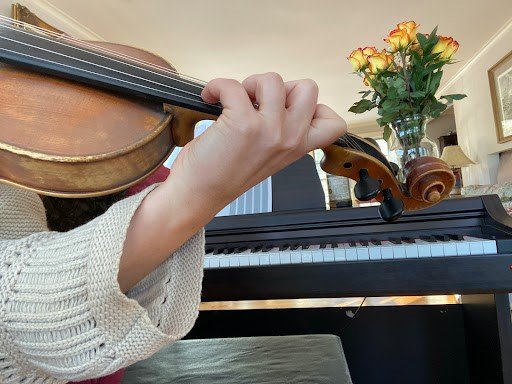
Harnessing the Power of the Pinky: Left Hand Fiddle Technique
Many fiddlers grumble about using their pinkies while they play. I’ve met lots of students who always prefer to play an open string rather than nervously attempt a potentially out-of-tune pinky. But seriously, why limit your hand to three fingers when you’ve only got four (no thumbs on the fingerboard please) to begin with?
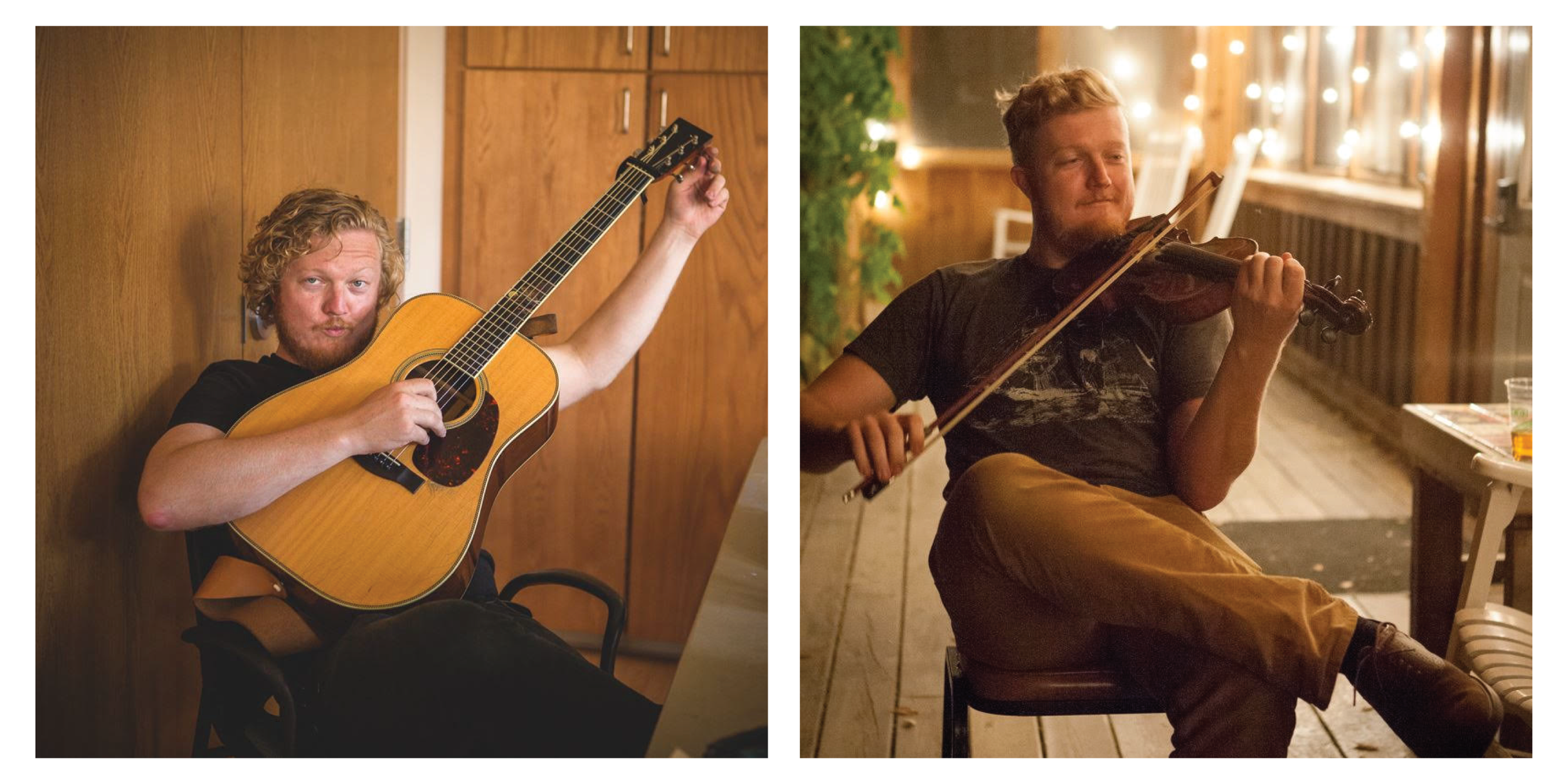
How Fiddlers and Guitarists Find the Sweet Spot: Where Creative Backing and Expressive Melody Meet.
Since fiddle and guitar are my primary instruments and I enjoy playing both in a variety of contexts, I thought I’d focus this piece on a tendency I’ve encountered for that instrumentation to lock one musician into the role of the backing player (guitar) and one into the role of the melody player (fiddle) in a way that can ultimately stifle the creative output of both players to the detriment of the overall musical experience.
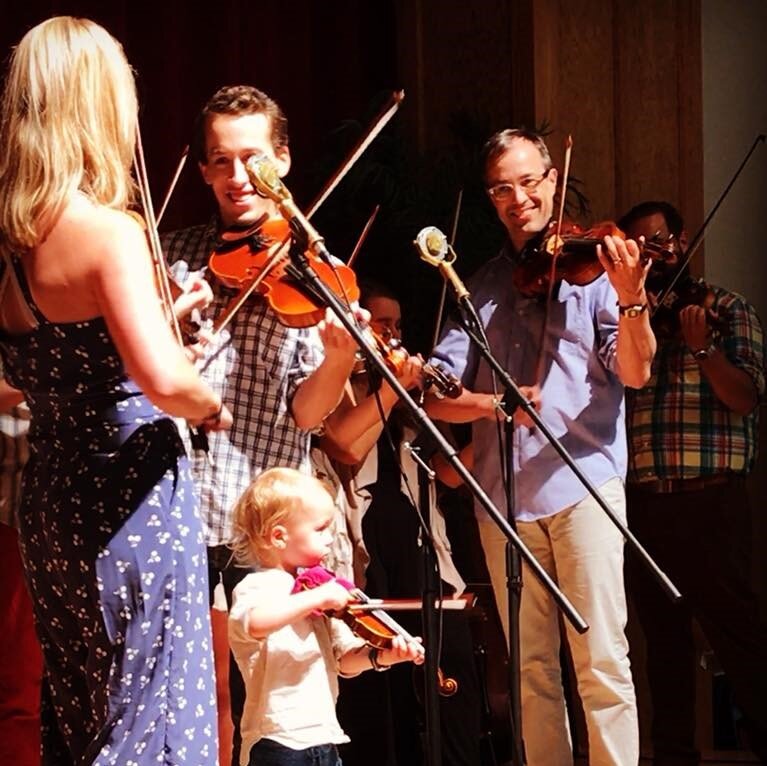
Understanding Bow Direction and Why It Matters: A Fiddler’s Guide
The bow sets the fiddle apart from all other instruments. With the bow, a fiddler can emote like a vocalist and groove like a drummer. Bowing styles can help listeners identify the musician from a single phrase- perhaps even a few notes. On the flip side, the bow can be a source of aggravation and keep fiddlers from unlocking their full potential.
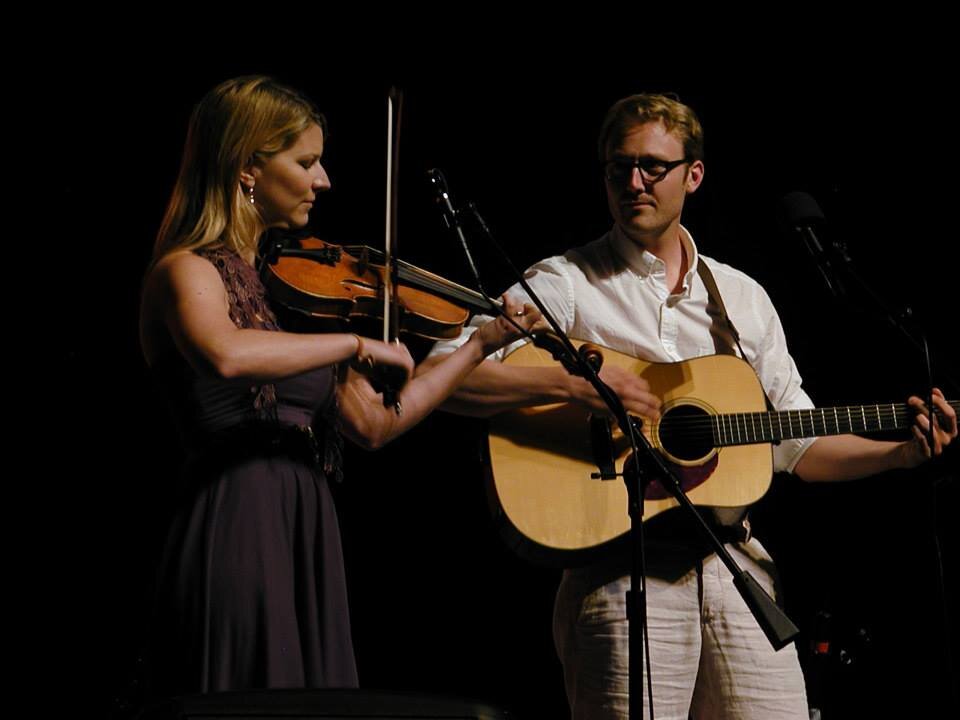
How to Start Improvising on Fiddle Tunes
I’ve always been nervous about improvising solos. If you’ve been in a band with me or perhaps been a particularly observant audience member, you know that I usually pass on the opportunity to step up to the mic and bust out a dazzling solo. But, something shifted when I had kids…
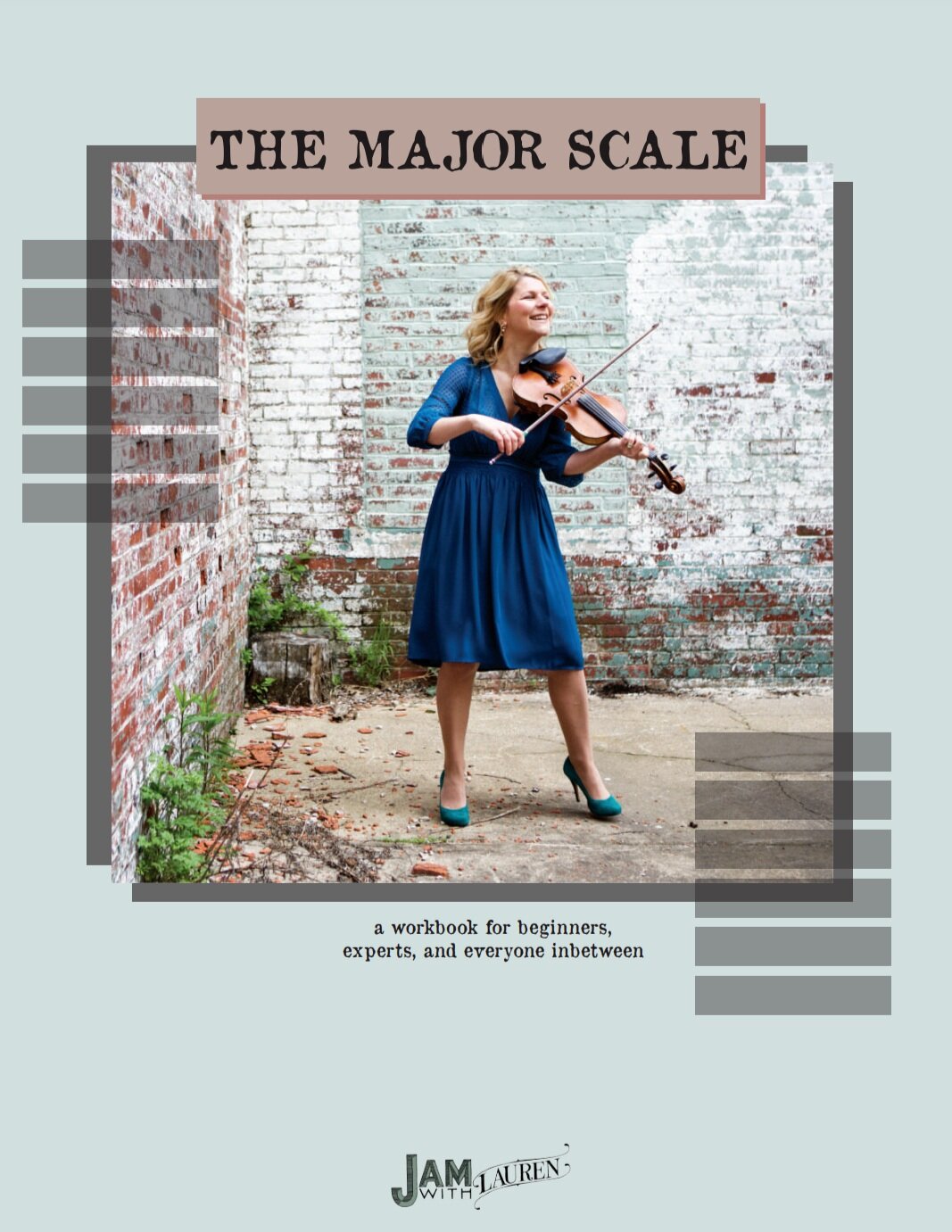
Major Scale Lesson
After teaching with this book for over a year, I realized that these diagrams do indeed help foster independence and confidence in my students. They are, however, more helpful with my repeated explanations and guidance, and perhaps possibly overwhelming without my talking you through the fingerboard maps.

How (And Why) To Practice Scales
As a young student, I remember teachers making me play scales. I never wanted to play them, but I always had to play them for school orchestra tests and youth symphony auditions. To make things worse, I didn’t understand why I needed to learn scales. Or even how to practice them. Why would I work on something if I didn’t understand how it could help me or how to practice it? I only wanted to practice things that were fun!
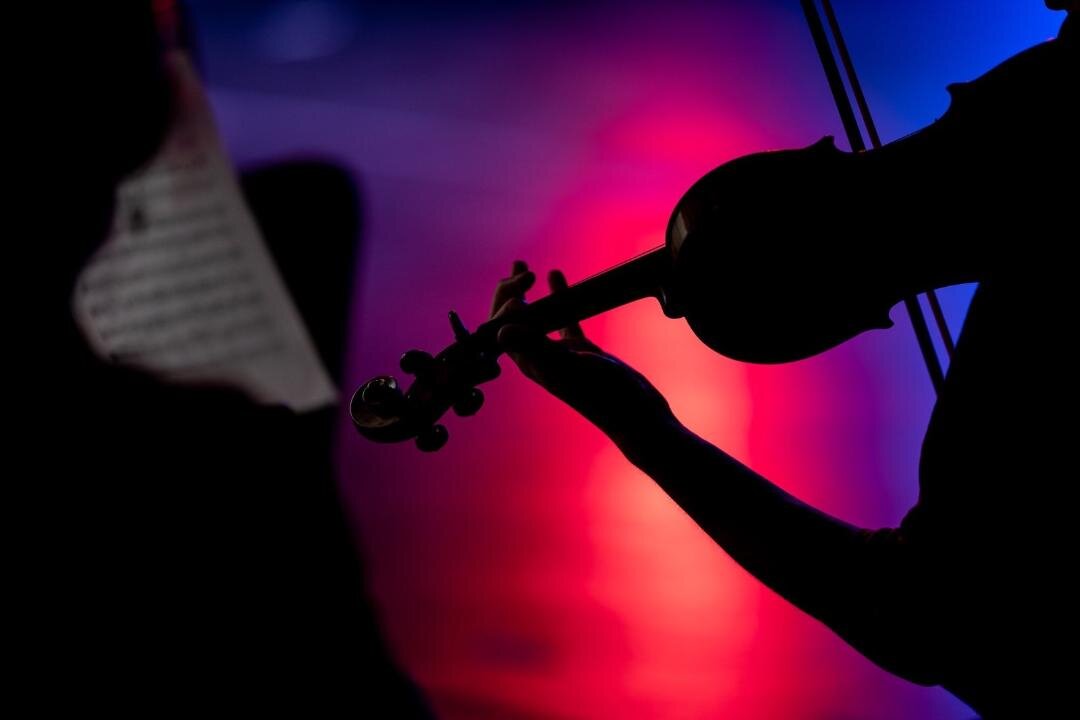
How-To Prevent Music Related Injury: Small Muscle Athlete Edition
We rely on our body to respond with speed, precision, flexibility, and consistency. We train, practice, study, repeat - until we’ve perfected a technique to such a degree that we simply can’t get it wrong. We ask our bodies to execute any kind of acrobatic episode, from up-bow staccato, to triple-tonguing, to playing the upright bass (which is an athletic event all on its own).
But no one warns you about this side of musicianship - the physicality of musical instruments is rarely taken into account, let alone recognized by non-musician folk.

How to Hold Your Violin Bow
So, you’ve got yourself a fiddle. You’ve got the fancy case, you’ve got the rosin and shoulder rest, maybe you’ve even got a name for your instrument and by now you’re a pro at holding the instrument - which, I’ll have you know, is no small feat.
